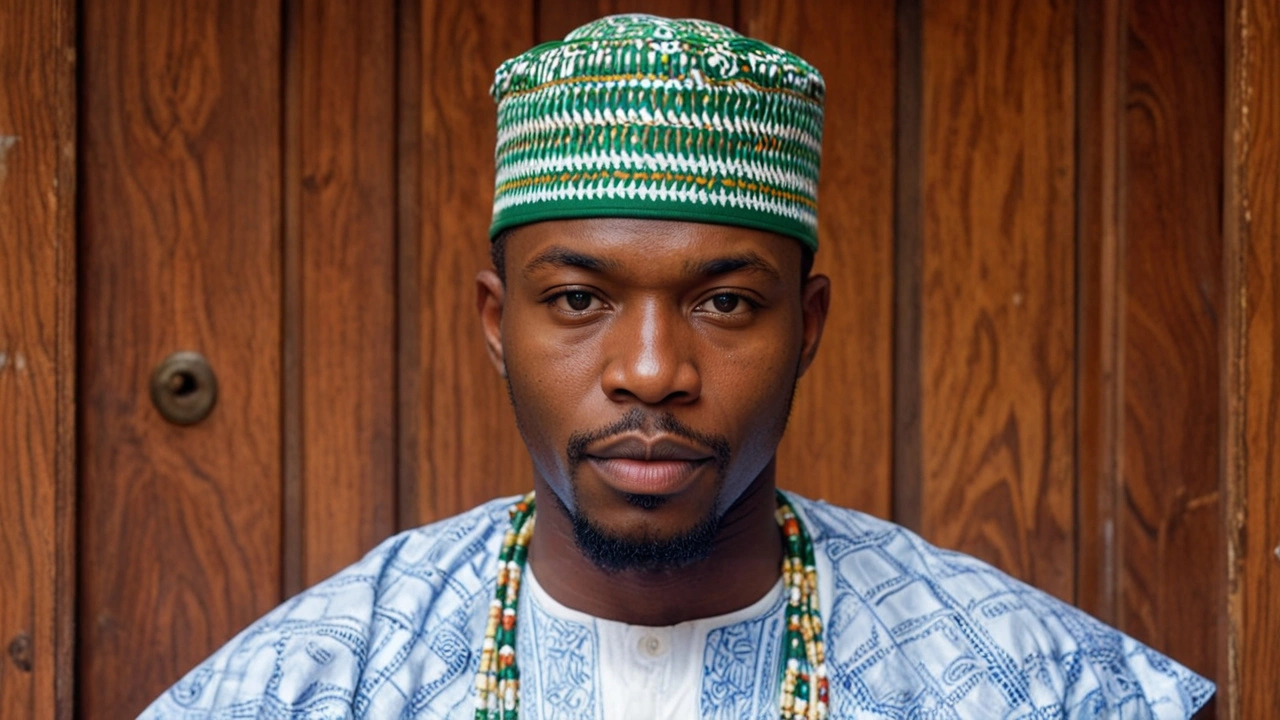Labour leaders play a crucial role in shaping the work environment, fighting for workers' rights, and influencing labour laws in South Africa and across the globe. Whether it's negotiating better wages, improving working conditions, or representing workers in legal battles, these leaders are voice bearers for millions. If you've ever wondered who stands up for employee rights or how labour movements affect everyday jobs, you're in the right place.
At their core, labour leaders organize workers to protect their interests. This can involve negotiating collective agreements, tackling unfair labor practices, and pushing for benefits like paid leave or safer workplaces. Think of them as the middlemen (or middlewomen) who bridge the gap between employees and employers. Without their efforts, many workers might not have access to the basic rights and protections often taken for granted.
The impact goes beyond just the workplace. Strong labour leadership can shift public policy, influence economic decisions, and promote social justice. For example, when labour leaders rally against exploitative contracts or hazardous work environments, they help set higher standards for industries nationwide.
South Africa has a rich history of labour movements, shaped by its diverse workforce and complex social dynamics. Post-apartheid, labour leaders have had the difficult task of balancing economic growth and addressing deep inequalities. They've fought hard battles over minimum wages, employment equity, and protection for informal workers who often lack basic rights.
One recent trend involves tackling the changing nature of work — like the rise of gig jobs and temporary contracts. Labour leaders are pushing to extend protections to these often-overlooked workers, ensuring they’re not left behind in the new economy. This ongoing adaptation shows how vital proactive leadership is as work evolves.
Whether you’re a worker, employer, or simply someone curious about labour relations, understanding the role of labour leaders offers insight into how societies work behind the scenes to improve fairness and justice in employment. Keep an eye on this space to catch updates on major labour developments and how they might affect you.
Posted by
Siseko Tapile
6 Comments

President Bola Tinubu is set to meet with labour leaders to finalize the new national minimum wage, with the government proposing N62,000 and Organised Labour demanding N250,000. The meeting also coincides with demands from local governments for a new revenue formula. The Federal Executive Council will consider a supplementary budget to accommodate changes.
read more